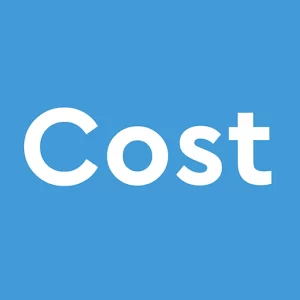This post is part of our Starting a Construction Business in the UK series. For the full setup guide, read our Starting a Construction Business in the UK guide.
What is Job Costing in Construction?
Job costing in construction is the practice of tracking and allocating all costs associated with a specific project. It covers direct expenses like labour and materials, as well as indirect and overhead costs. This detailed approach gives businesses a clear picture of project profitability, helping manage budgets, control costs, and improve decision-making across future projects. For a deeper dive into overall construction pricing methods, check out our Construction Cost Estimating Guide.
Why Job Costing Matters
Without precise job costing, construction companies risk budget overruns, cash flow issues, and reduced profitability. Job costing helps you:
- Understand where every pound is spent
- Make informed pricing and bidding decisions
- Identify and address cost overruns early
- Support cash flow forecasting and construction budgeting and cash flow management
Understanding Construction Costs
All construction costs fall into three main categories:
Direct Costs
Costs that directly relate to a project, such as:
- Materials (steel, timber, concrete)
- Labour (trades, subcontractors)
- Equipment hire and usage
Indirect Costs
Costs that support projects but aren’t directly tied to them, including:
- Project management fees
- Site security and supervision
- Insurance and certifications
Overhead Costs
General business costs shared across multiple projects, such as:
- Office rent and utilities
- Admin salaries
- Accounting and legal services
How to Implement Job Costing
1. Identify All Costs
Start by listing every expected cost, direct or indirect. This includes committed costs (like future subcontractor payments or materials on order).
2. Allocate Costs Appropriately
Use a clear method to allocate costs accurately across projects. Direct costs are easy; indirect and overhead costs should be allocated using logical formulas like labour hour proportions.
3. Track Costs Continuously
Job costing is not “set and forget.” Monitor job cost reports in real-time and update them regularly. Adjust forecasts as scope changes occur.
4. Review and Analyse
Compare projected versus actual costs, analyse variances, and refine future estimates to continually improve your financial accuracy.
5. Use a Job Costing Formula
Total Job Cost = Direct Costs + Allocated Indirect Costs + Allocated Overheads
Key Benefits of Job Costing
- Enhanced Budget Control: Track every expense against budget in real time.
- Improved Cash Flow Management: Forecast funding needs accurately throughout project phases.
- Risk Mitigation: Identify financial risks early and address overruns proactively.
- Greater Client Satisfaction: Provide detailed financial reports that build trust and professionalism.
- Boosted Profitability: Understand where margins are strong and where efficiencies are needed. See also: How to Calculate Your Break-Even Point.
Common Challenges in Job Costing
Accurate Data Collection
Capturing every cost, especially on busy construction sites, can be difficult without organised systems.
Managing Indirect Costs
Allocating shared costs accurately across multiple projects remains a key challenge for construction finance teams.
Scope Changes
Project variations are common. Your job costing system must adapt quickly to keep financial data accurate and actionable.
Best Practices for Better Job Costing
- Set up a Clear Cost Code System: Use consistent codes for all cost types across projects.
- Include Every Cost: Capture overhead, indirect labour, and small costs—not just obvious big-ticket items.
- Embrace Automation: Use modern job costing software for real-time data and reporting.
- Train Your Team: Ensure everyone understands the importance of proper cost tracking, from site staff to office managers.
- Review Regularly: Continuous improvement through project cost reviews strengthens future financial planning.
Using Job Costing Software
Advanced job costing software can transform how construction companies manage finances:
- Automated data collection and reporting
- Real-time project budget tracking
- Seamless integration with accounting and payroll systems
- Improved collaboration between site and office teams
Choosing the right system is key to financial success. If you’re managing a new venture, you may also find our guide on Starting a Construction Business in the UK helpful.
Frequently Asked Questions
What is job costing in construction?
Job costing is a method of tracking all costs associated with a construction project to monitor financial performance and maintain budget control.
What types of costs are included in job costing?
Direct costs (labour, materials), indirect costs (supervision, insurance), and overhead costs (office rent, admin expenses).
How does job costing help manage construction budgets?
It gives real-time visibility into spending, allowing project managers to detect issues early and adjust before budgets are exceeded.
What is the difference between job costing and process costing?
Job costing tracks costs per unique project. Process costing tracks costs across similar, repetitive production activities—less common in construction.
Can software improve job costing accuracy?
Yes. Job costing software automates data collection, reduces manual errors, and provides real-time financial reporting for better decision-making.
How often should you update job costing reports?
Ideally weekly—or more often on fast-moving projects—to ensure cash flow planning and client billing remain accurate.
What is WIP (Work In Progress) reporting?
WIP reporting tracks how much work is completed versus billed and helps manage cash flow by identifying under billing or over billing issues.
Why is accurate job costing important for profitability?
It ensures each project is financially viable, maximises margins, and prevents small cost overruns from escalating into major losses.












